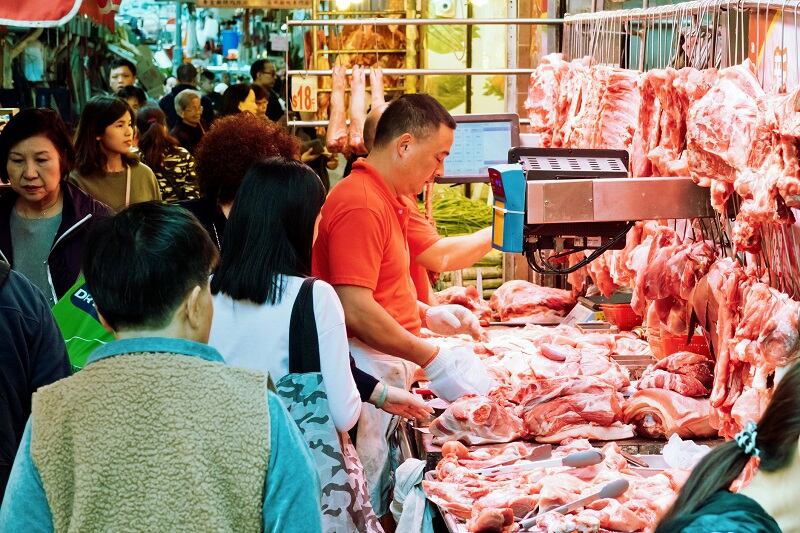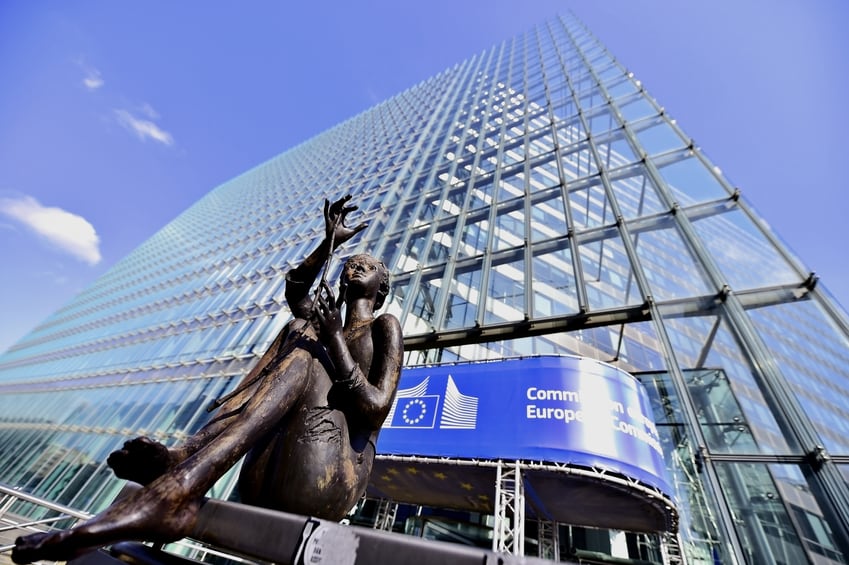China state-run newspapers reported that the virus was found on chopping boards used for imported salmon at Beijing’s Xinfadi market. Genetic traces of the virus from the outbreak at the 1,120,000 square meter (about the same size as 157 football pitches) Beijing market suggested it could have come from Europe, according to the reports.
Norway is the top seller of salmon behind Chile. In 2019, around 23 500 tonnes of salmon from Norway were exported to China, worth NOK 1.6 billion. So far this year, 9 600 tonnes of salmon from Norway were exported to China, which represents a decrease in volume of 5%, compared with the same period last year.
The Norwegian Food Safety Authority stressed there were no known cases of infection via contaminated food. “There are no official statements connecting these incidents with neither seafood nor salmon. The origins of this outbreak are still unclear,” it said.
The World Health Organization (WHO) and Food and Agriculture Organization of the United Nations (FAO), meanwhile, have issued detailed guidance on food safety, stating that there is no evidence of food or food packaging being associated with the transmission of COVID-19. The EFSA has also said there is no evidence that food is a source or transmission route for the virus.
“Of course, the links being made in some media cases between salmon and the virus outbreak is unfortunate,” said Anders Nordøy Snellingen, Manager of the Norwegian Seafood Council's global operations. “We need facts on the table, and both WHO, FAO and The Norwegian Food Safety Authority are clear in their communication regarding this.”
During a press conference, the deputy director of the Emergency Center of the Chinese Center for Disease Control and Prevention, Shi Guoqing, added that although salmon in the market was contaminated, no virus was found in salmon that had then entered the market.
He said: “We currently have no evidence to suggest that salmon is the host or intermediate host of the coronavirus. In the contaminated area of Xinfadi Market related to this new outbreak, there is indeed salmon product found to be contaminated in the coronavirus test. But no virus has been detected on the salmon product that has not yet entered the contaminated area.”
Keith Neal, an emeritus professor of the epidemiology of infectious diseases at Britain’s University of Nottingham, told Reuters that he believed any link to salmon was likely the result of cross contamination.
“Markets can be crowded places, so like in Wuhan, (they) help fuel spread,” he said.
“China gave the world this virus and it was always very likely to give it back to them. Finding a strain prevalent in Europe probably reflects people returning to China after travelling to Europe.”





